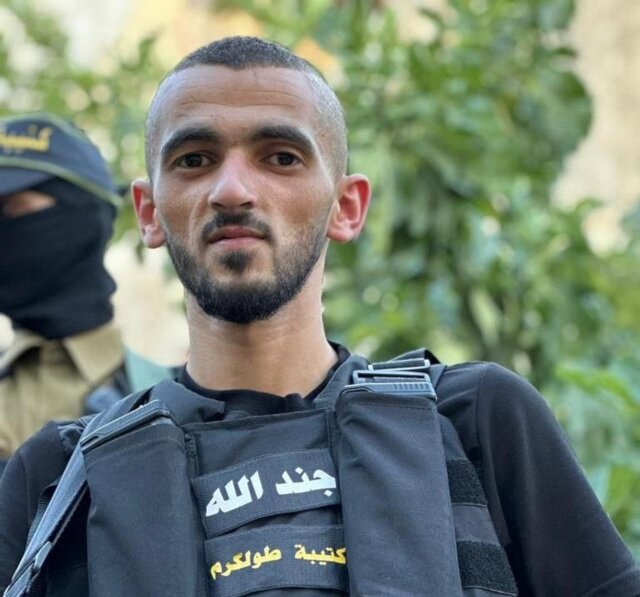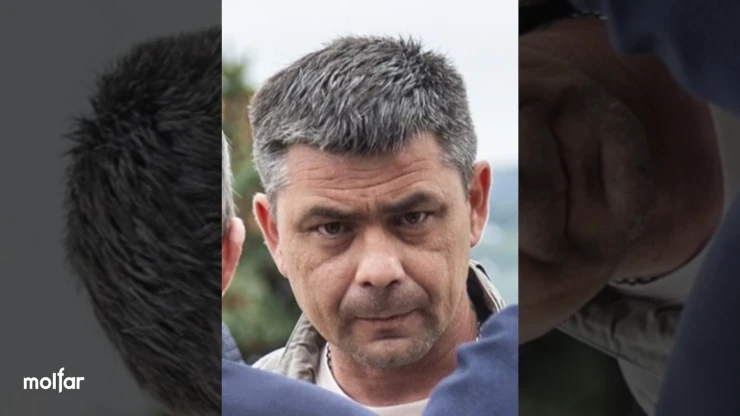Salah Gosh and the Survival of Sudan’s Old Regime
Salah Gosh and the Survival of Sudan’s Old Regime
When former members of Sudan’s much-feared National Intelligence and Security Service (NISS) mutinied on January 14, there were fears loyalists to the once powerful ex-NISS director Salah Gosh were preparing to restore the old military/Islamist regime of Omar al-Bashir.
Gosh, a Sha’iqiya Arab, was born in the Nubian town of Nuri in 1957. As a student, Gosh became aligned with Sudan’s Muslim Brotherhood, which, under its leader Dr. Hassan al-Turabi, partnered with Islamist officers led by Omar al-Bashir to take power in a 1989 coup. Siding with President Bashir, Gosh later played a major role in purging the regime of al-Turabi’s supporters in 1999.
As part of the intelligence service, Gosh was deeply involved in organizing the violent Janjaweed assaults on civilians in Darfur after a rebellion broke out there in 2003. As pressure grew on Khartoum over its atrocities in Darfur in the 1990s-2000s, Gosh, appointed NISS director in 2004, became the regime’s point man with the CIA, offering an abundance of intelligence regarding al-Qaeda and Osama bin Laden in exchange for the release of Sudanese citizens in Guantanamo and a degree of immunity for the regime’s war crimes. Despite sanctions on the Sudanese leadership, Gosh traveled to Washington for secret meetings. As Gosh revealed in 2005: “We have a strong partnership with the CIA. The information we have provided has been very useful to the United States” (LA Times, April 29, 2005; LA Times, June 17, 2005).
An unsuccessful 2007 offensive on N’Djamena by Chadian rebels assisted by the NISS as part of a proxy war between Sudan and Chad was reported to have been planned by Salah Gosh and the Sudanese defense minister, Lt. General ‘Abd al-Rahim Muhammad Hussein (Al-Sudani [Khartoum], February 7, 2007).
In February 2007, Gosh responded to an International Criminal Court (ICC) extradition order for President al-Bashir for war crimes by warning the regime would have no choice other than adopting “Islamist fanaticism” (Al-Sahafah [Khartoum], February 21, 2007).
In 2009, Gosh was sacked as intelligence director for a massive intelligence failure, namely failing to uncover the plans of the Justice and Equality Movement (JEM – a Darfur rebel group) before their May 10, 2008 raid on the capital. Gosh then served as a presidential advisor for security affairs for three years, losing that position in a 2011 power struggle with NCP vice-chairman and presidential advisor Dr. Nafi ‘Ali Nafi. Al-Bashir and Nafi are both members of the Ja’aliyin Arab tribe.
While serving as a presidential adviser, Gosh was dismissed and arrested on suspicion of plotting a coup against al-Bashir in November 2012. The investigation into Gosh began when Sudanese intelligence noticed he had recently moved 25 members of his extended family to the United States (al-Akhbar [Khartoum], November 24, 2012). Shortly after his arrest, Gosh was taken to hospital for successful heart bypass surgery (al-Watan [Khartoum], December 2, 2012).
After the coup attempt, several detainees claimed Brigadier-general Mohamed Ibrahim Abd al-Jalil (a.k.a. Wad Ibrahim) was the intended leader of a post-coup command council, not Salah Gosh. Authorities claimed to have obtained a confession from Gosh, but its contents were never revealed. An April 2013 general amnesty for NISS suspects in the coup attempt did not include Gosh, who continued to be questioned by authorities on corruption charges until his release without charge in July 2013 (Sudan Tribune, May 1, 2013).
As anti-Bashir public disturbances grew, the Sudanese president brought the hard-liner back as NISS chief in February 2018. Gosh met the demonstrators with rubber bullets, beatings, live ammunition, arbitrary detention and torture (Al-Jazeera, April 8, 2019). However, these measures did not prevent the overthrow of al-Bashir’s regime by the Sudanese Army and the paramilitary Rapid Support Forces (RSF) on April 11, 2019.
Gosh resigned April 13, 2019 and was replaced by Lieutenant General Abu Bakr Mustafa. The former NISS director disappeared two days later but was believed to have fled to Egypt. A police attempt to search Gosh’s home in May 2019 was repelled by NISS agents who threatened to kill police with a Dushka heavy machine gun (Radio Dabanga, September 22, 2019). Gosh was sanctioned by the United States in August 2019 for “gross violations of human rights” (The National [Abu Dhabi], August 15, 2019).
An arrest warrant for Gosh was issued by Sudan’s public prosecutor in September 2019 on charges of first-degree murder. In October 2019, a torture case against Gosh was opened in Khartoum (Anadolu Agency, October 15, 2019).
In July 2019, the NISS changed its name to become the General Intelligence Service (GIS) as part of a general reorganization. NISS members were given the choice of retiring or joining either the army or the Rapid Support Forces (RSF) paramilitary.
The January 14 revolt began in al-‘Ubayd (North Kordofan), where ex-NISS members claimed arbitrary dismissals had a negative impact on separation benefits and pensions. The protests then spread to Khartoum and other cities across the country. Five people were killed before security forces restored order after hours of gunfire in the center of the capital.
Interim Sudanese leader Lieutenant General ‘Abd al-Fatah al-Burhan blamed the rebellion on the Operations Authority division of the NISS, a militarized component of the agency created by Salah Gosh (France24.com, January 16).
According to RSF commander Muhammad Hamdan Daglo “Hemeti,” “The person behind this shooting today is Salah Gosh. He has many generals active within the security sector with an aim to create confusion and fighting” (Reuters [Khartoum], January 14). Gosh remains at large, most likely in Cairo.


